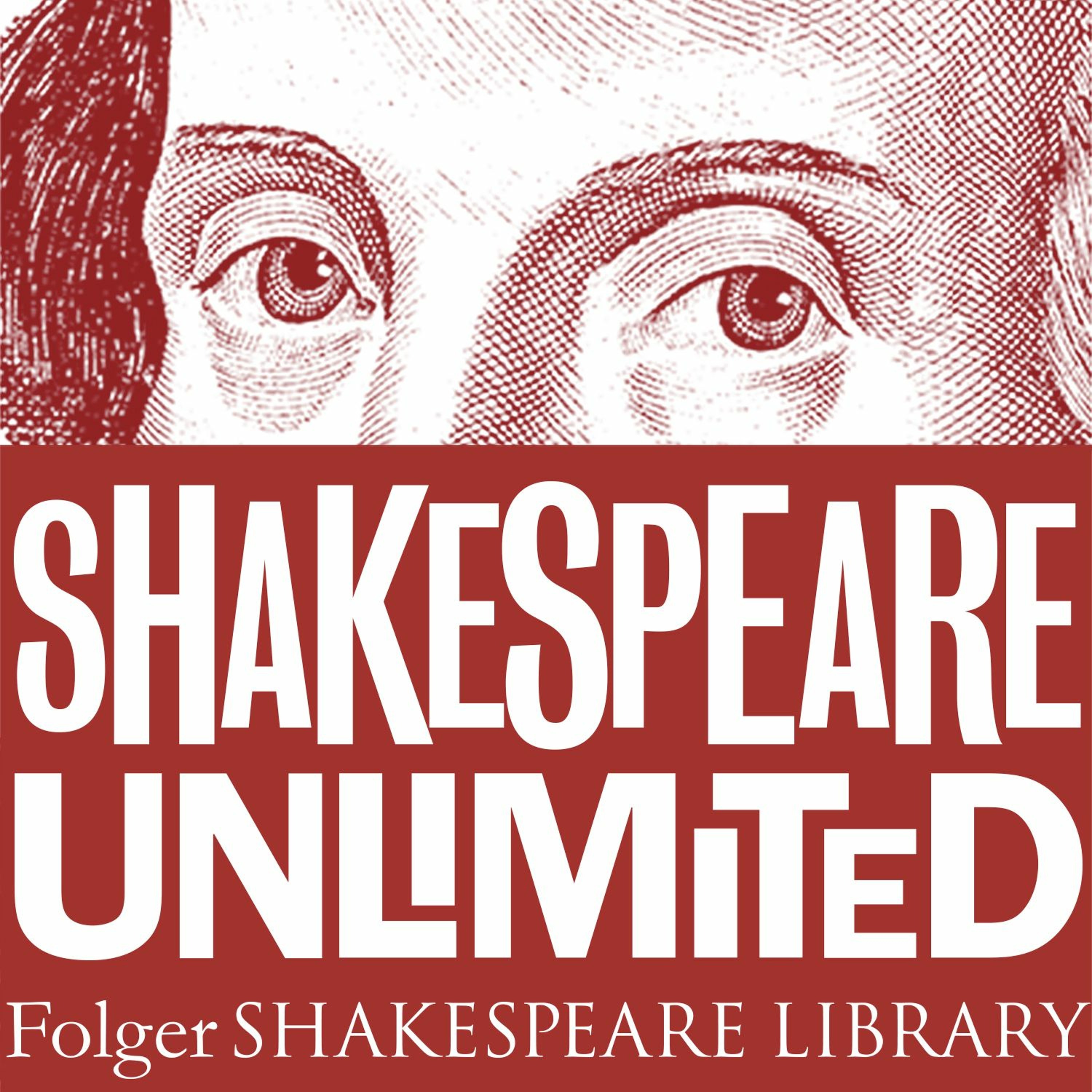Shakespeare in Translation

"Bless thee, Bottom, bless thee! Thou art translated!"\n(A Midsummer Night's Dream, 3.1.120-121)\n\nWhat happens when Shakespeare\u2019s work is translated into foreign languages? Is it still Shakespeare? Or does something fundamental to the original evaporate in the process?\n\nScholars and theater artists, with Rebecca Sheir, host of our Shakespeare Unlimited series, look at what constitutes the essence of Shakespeare.\n\nA translator can retain the story, characters, and ideas of a play, but the intricate wordplay proves much more difficult. For one thing, it\u2019s impossible to translate Shakespeare\u2019s iambic pentameter into a language like Korean, in which poetry is based on syllable counts, not stresses. And what is to be done with those well-crafted puns?\n\nHowever, translation also opens up possibilities for new depths of meaning, as the familiar recedes and a different perspective takes over.\n\nAmong those featured in this podcast:\n- Joe Calarco is the adaptor and original director of Shakespeare\u2019s R&J.\n- Rupert Chan is a writer and playwright who has translated multiple Shakespeare plays into Cantonese.\n- Joe Dowling is the artistic director for the Guthrie Theater in Minnesota.\n- Alexa Huang is a professor of English, theater and dance, East Asian languages and literatures, and international affairs at George Washington University.\n- Ah-Jeong Kim is a professor of theater history at California State University\u2013Northridge.\n- Hyonu Lee is a professor at Soon Chun Hyang University in South Korea.\n\n------------------\nFrom the Shakespeare Unlimited podcast series. \xa9 Folger Shakespeare Library. All rights reserved. Written and produced for the Folger Shakespeare Library by Richard Paul. Edited by Garland Scott, Gail Kern Paster, and Esther Ferington. We had help gathering material for this podcast series from Amy Arden.